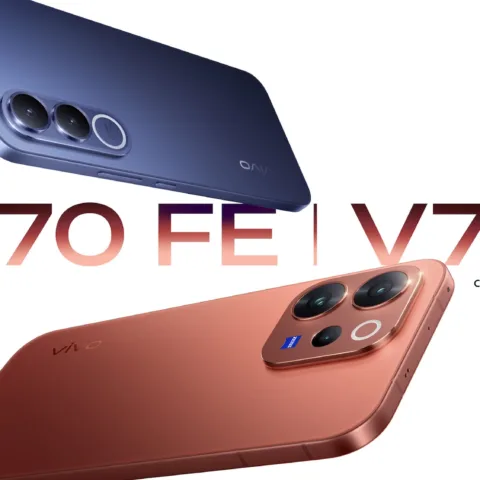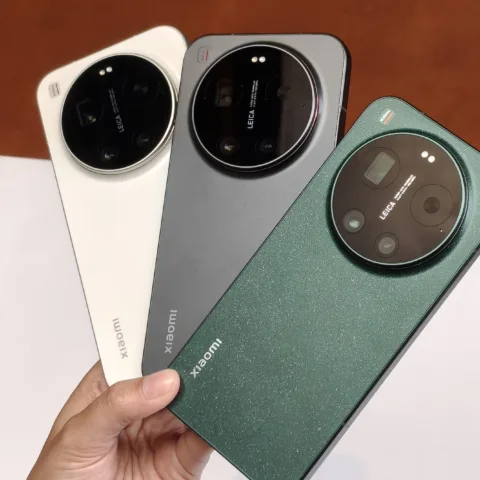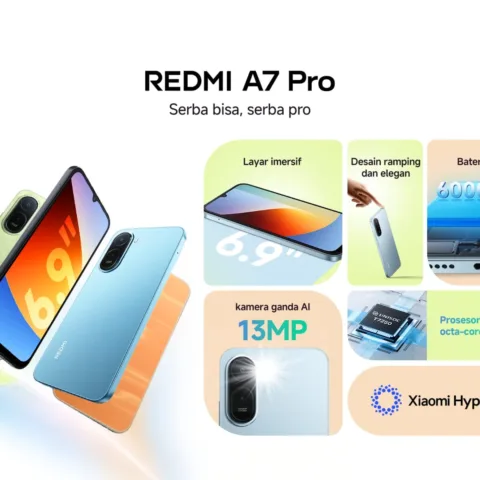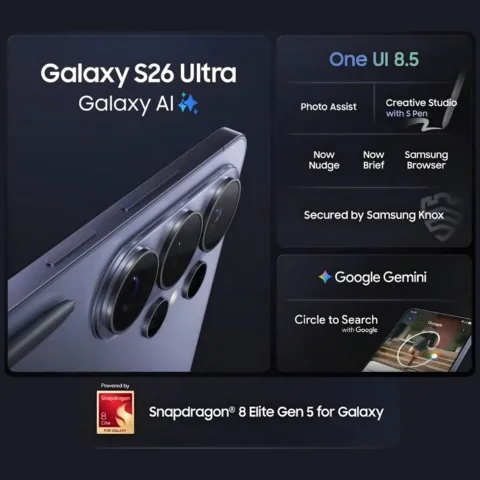 YouTube’s Hunter Walk presents an argument that the five star rating system used by application stores should be left behind, replaced by more accurate, more reliable measures of popularity. In his view, the five-star system is subjective to the values of those who give them. Your judgment for a three star app may mean differently to someone else’s, but a like or dislike is almost absolute. The same subject was raised back in 2009 by MG Siegler with regards to YouTube.
YouTube’s Hunter Walk presents an argument that the five star rating system used by application stores should be left behind, replaced by more accurate, more reliable measures of popularity. In his view, the five-star system is subjective to the values of those who give them. Your judgment for a three star app may mean differently to someone else’s, but a like or dislike is almost absolute. The same subject was raised back in 2009 by MG Siegler with regards to YouTube.
It certainly serves Walk’s argument that Google changed YouTube’s rating system in favor of thumb up and thumb down. This is similar to the approach that Facebook has taken since the very beginning with its thumb up icon for liking or expressing approval to a status update although Facebook has never allowed a negative vote or a thumb down.
There are also other ways to determine an app’s popularity, some of which are presented in Walk’s blog post. These include co-installation, market segmentation, actual usage, and social graph, as he explained further in his post.
Within the iOS ecosystem, there is an app called Frenzapp that tries to assist app discovery by showing its users what apps their friends use although it requires them to have Frenzapp installed as well. It was developed by Erwan Macé who coincidentally is now responsible for developer relations at Google Southeast Asia.
Frenzapp uses the mechanism that Apple provides to 3rd party developers to detect what other apps are installed in an iOS device to determine interoperability between them. Frenzapp shows what apps are popular among your friends and makes suggestions based on that discovery. Surely this method wouldn’t be too difficult to implement by the operators of application stores.
Apple already implements a similar approach to this in the App Store but limited within a single Apple ID. The Genius feature, if enabled, keeps track of the apps that you have downloaded and suggests similar apps that you might enjoy. This approach in fact is expanded in Game Center wherein it has game recommendations based not only on what games you have installed but what your friends play and how many of them have played it.
Having these measures of popularity together would serve all parties with a more accurate view of the popularity and usage frequency of apps. Besides, it would require less participation from people who have downloaded the apps to judge them, unless they want to leave a worded review, which they should still be able to do.
As to who can rate apps and games in the store? Surely it has to be those who have actually downloaded and used them, which means only logged in users can cast a vote.
As Walk explained further, if a metric can be developed and implemented to determine which apps are being used, the frequency, time spent, as well as its importance on the screen, it would be a gold mine for developers to determine how they can develop their apps further. Search ranking, discovery, and prominence would be greatly improved, although whether this invades people’s privacy is subject to another matter. The least they can do to minimize the privacy issue is by anonymizing the data being collected.
Do you think a five star rating system should be dumped? Sound off below.
[image]










